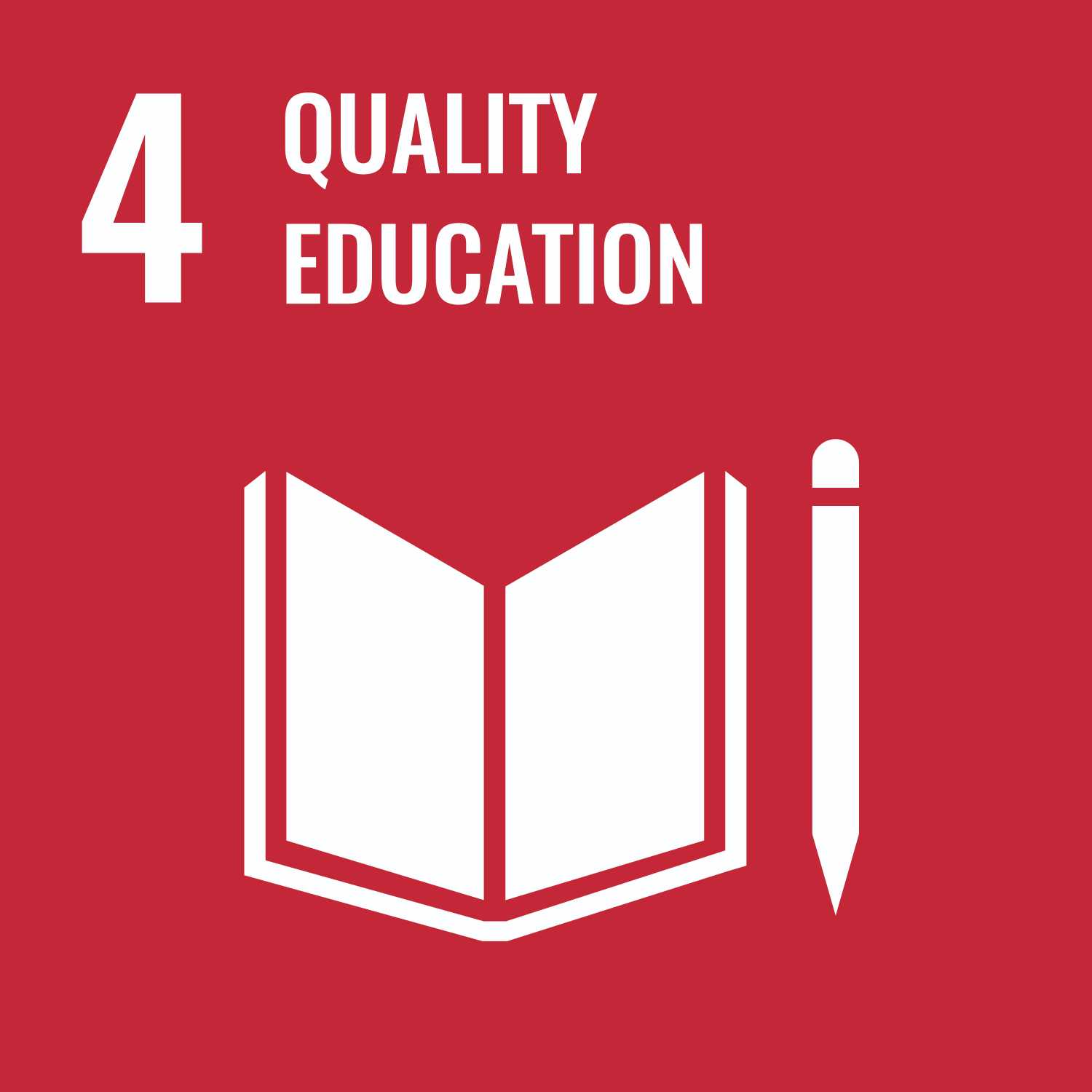
April 24, 2024 (Wednesday)
· 3:00 PM - 3:30 PM: Inauguration and Setting the Context
· 3:30 PM - 4:30 PM: Introduction to Exploration of the Solar System by Dr. T.P. Das, ISRO HQ, Bangalore
April 25, 2024 (Thursday)
· 3:30 PM - 4:15 PM: Introduction to the Solar System by Prof. Debabrata Banerjee, PRL, Ahmedabad
· 4:30 PM - 5:15 PM: The Formation of the Solar System by Prof. Kuljeet Marhas, PRL
April 26, 2024 (Friday)
· 3:30 PM - 4:15 PM: The Sun: Our Star by Prof. Arnab Rai Chowdhury, IISc, Bangalore
· 4:30 PM - 5:15 PM: Earth and Evolution of Earth by Dr. P. Senthil Kumar, NGRI, Hyderabad
April 29, 2024 (Monday)
· 3:30 PM - 4:15 PM: The Moon by Dr. Neeraj Srivastava, PRL
· 4:30 PM - 5:15 PM: Terrestrial Planets: Mercury, Venus, Mars by Prof. Guneshwar Thangjam, NISER, Bhubaneswar
April 30, 2024 (Tuesday)
· 3:30 PM - 4:15 PM: Gas and Ice Giants: Jupiter and Saturn; Uranus and Neptune and beyond by Dr. Vrinda Mukundan, NCESS, Thiruvananthapuram
· 4:30 PM - 5:15 PM: Moons of the Solar System planets by Dr. Rishitosh Sinha, PRL
May 1, 2024 (Wednesday)
· 3:30 PM - 4:15 PM: Minor Bodies: Comets, Asteroids, and Meteorites by Prof. Shashikiran Ganesh, PRL
· 4:30 PM - 5:15 PM: Meteorites: Messengers from the Solar System by Dr. Dwijesh Ray, PRL
May 2, 2024 (Thursday)
· 3:30 PM - 4:15 PM: Planetary Space Weather: Science and Impacts by Dr. Smitha Thampi, SPL-VSSC, Thiruvananthapuram
· 4:30 PM - 5:15 PM: Life in the Solar System; Linkages to Exo Solar System by Dr. Yamini Jangir, IIT-Kanpur
May 3, 2024 (Friday)
· 3:30 PM - 4:15 PM: India’s Lunar Exploration Programme by Dr. Vijayan, PRL
· 4:30 PM - 5:15 PM: India’s Aditya-L1 Solar Observatory by Dr. K. Sankarasubramanian, URSC, Bangalore
May 6, 2024 (Monday)
· 3:30 PM - 4:15 PM: India's Mission to Mars by Dr. Rishitosh Sinha, PRL
· 4:30 PM - 5:15 PM: Telescopes for Solar System Studies by Prof. Shashikiran Ganesh, PRL
May 7, 2024 (Tuesday)
· 3:30 PM - 4:15 PM: Platforms for Solar System Exploration by Dr. Shamrao, URSC
· 4:30 PM - 5:15 PM: Mission Operations for Solar System Exploration by Smt. Nandini Harinath, ISTRAC, Bangalore
May 8, 2024 (Wednesday)
· 3:30 PM - 4:15 PM: Scientific Payloads for Solar System Exploration by Dr. Mehul Pandya, SAC, Ahmedabad
· 4:30 PM - 5:15 PM: Laboratory Analysis to Understand Solar System Conditions by Prof. Bhalamurgan, PRL
May 9, 2024 (Thursday)
· 3:30 PM - 4:15 PM: Theoretical Studies to Understand Planetary Processes by Prof. Varun Sheel, PRL
· 4:30 PM - 5:15 PM: Space Transportation System for Solar System Exploration by Dr. Biju Prasad, VSSC, Thiruvananthapuram
May 10, 2024 (Friday)
· 3:30 PM - 4:15 PM: In-Situ Resource Utilisation by Dr. P. Ganesh, IPRC, Mahendragiri
· 4:30 PM - 5:15 PM: Enabling Technologies for Solar System Exploration by Mr. Raghu, ISRO HQ
· 5:15 PM - 6:00 PM: Concluding Session
CONCLUSION
In conclusion, the ISRO START Programme stands as a comprehensive initiative aimed at fostering a deep understanding of space science and technology among students. Through its multifaceted approach, the programme not only imparts foundational knowledge but also hones essential skills necessary for careers in space-related fields. By emphasizing research opportunities and showcasing ongoing ISRO projects, it inspires students to pursue advanced studies and contribute to the future of space exploration. Moreover, the programme's interdisciplinary nature highlights the convergence of various scientific and technological disciplines in the realm of space science, preparing students for the complexities of real-world challenges. With insights into Indian space missions and contributions, the ISRO START Programme not only educates but also instills a sense of national pride and accomplishment. Ultimately, by nurturing a skilled and knowledgeable workforce, it paves the way for India to remain at the forefront of space research and exploration, ensuring a bright future for the nation in the global space community.
21st Century Engineering College in Coimbatore
World is transforming everyday. In the rapidly evolving engineering landscape, we have an Increased responsibility to transform the engineering education from traditional curriculum to meet the 21st century skills like Creativity, Critical Thinking, Collaboration and Communication. Through our unique and strategic approach we enable our students to learn beyond and prepare them for life long success.
